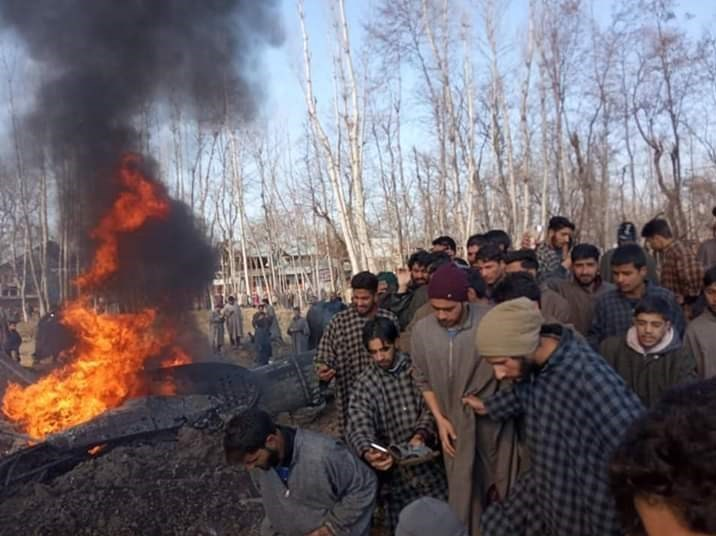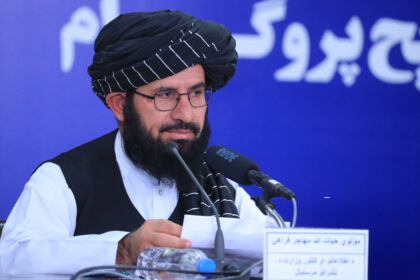RASC News Agency: In a dramatic escalation of tensions between South Asia’s nuclear-armed neighbors, India launched a series of rocket strikes early Wednesday morning targeting multiple sites within Pakistani territory and Pakistan-administered Kashmir. The attacks left at least eight people dead, dozens wounded, and several unaccounted for, triggering a wave of national emergency responses across Pakistan and international concern over the prospect of a broader conflict. Pakistani Prime Minister Shehbaz Sharif condemned the offensive as a “declaration of war,” asserting Islamabad’s right to deliver a forceful retaliation. “This was not a mere military incursion it was a hostile act against our sovereignty,” Sharif said in a statement. “Pakistan reserves the right to respond with severity and resolve.”
According to senior Indian defense officials, the military operation dubbed “Operation Sandur” targeted nine separate locations across Pakistan’s border regions and parts of Kashmir under Islamabad’s control. The strikes reportedly came in response to a deadly April 22 terrorist attack in Indian-administered Kashmir, in which 26 tourists were killed. New Delhi has publicly blamed Pakistani-based actors for orchestrating the assault and vowed revenge. Islamabad, however, has categorically denied any involvement in the incident. At a press briefing following the strikes, Pakistani military spokesperson Major General Ahmed Sharif stated that 24 separate sites across six regions were targeted by Indian forces. He confirmed that eight people had been killed, 35 others injured, and eight more were reported missing. General Sharif abruptly ended the press conference without taking questions but issued a stark warning: “Pakistan will respond decisively, at a time and place of its choosing.”
In immediate response, Prime Minister Sharif convened an emergency session of Pakistan’s National Security Committee (NSC) on Wednesday morning to assess the situation and determine a course of action. Meanwhile, Punjab Chief Minister Maryam Nawaz declared a state of emergency across the province, ordering the closure of all schools, colleges, and universities, while placing security and emergency medical services on high alert. Flight operations at Lahore and Islamabad airports were suspended for 48 hours, with Lahore’s airport completely evacuated as a precautionary measure.
India’s Ministry of Defence, in a separate statement, insisted that its military operation targeted only infrastructure linked to alleged militant organizations. “No formal military or civilian Pakistani installations were included in our target list,” the statement read. “The strikes were precisely calibrated to dismantle logistical hubs believed to be used in planning cross-border attacks.” Nevertheless, international media outlets including Reuters reported that multiple explosions were heard near the mountainous areas surrounding Muzaffarabad, the administrative capital of Pakistan-administered Kashmir. One of the rockets reportedly struck the town of Muridke, near Lahore, raising fears of a widening conflict and potential urban escalation.
Global responses were swift. U.S. President Donald Trump issued a statement confirming that he had been briefed on the evolving crisis and urged both nations to de-escalate tensions immediately. UN Secretary-General Antonio Guterres called for restraint and dialogue, emphasizing the dangers of further military confrontation between two nuclear-armed states. Meanwhile, U.S. Secretary of State Marco Rubio reportedly held urgent talks with senior Pakistani security officials, including Lieutenant General Asim Malik, to assess the fallout and explore possible de-escalation mechanisms.
As the region teeters on the brink of renewed hostilities, analysts warn that this latest episode underscores the fragility of peace in South Asia where unresolved disputes over Kashmir, entrenched mistrust, and the influence of proxy groups continue to drive the two nations toward dangerous confrontations.






